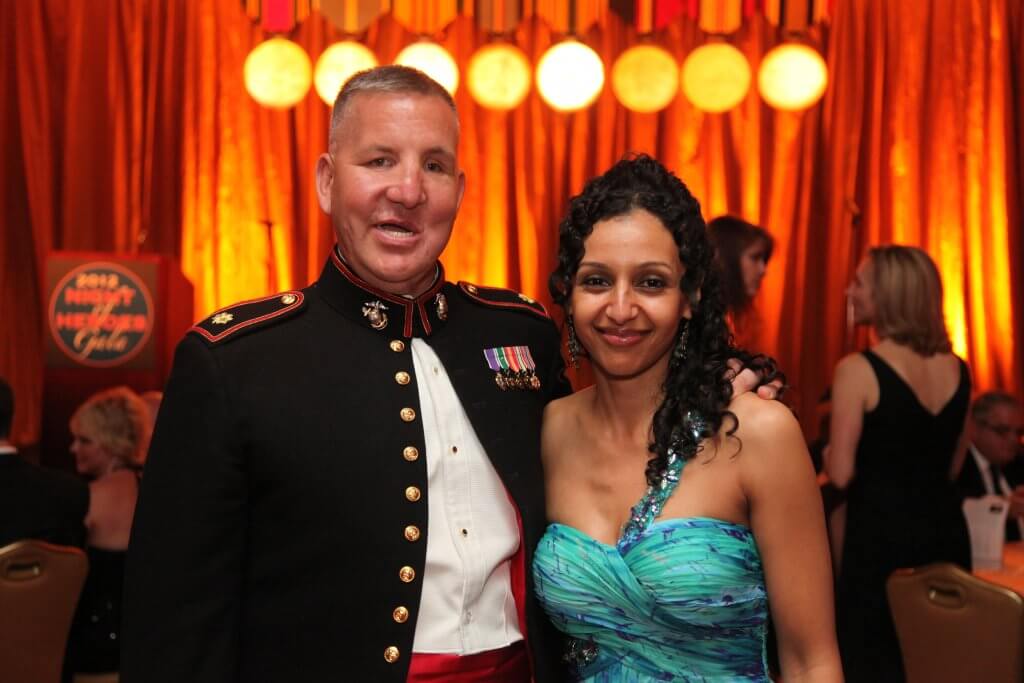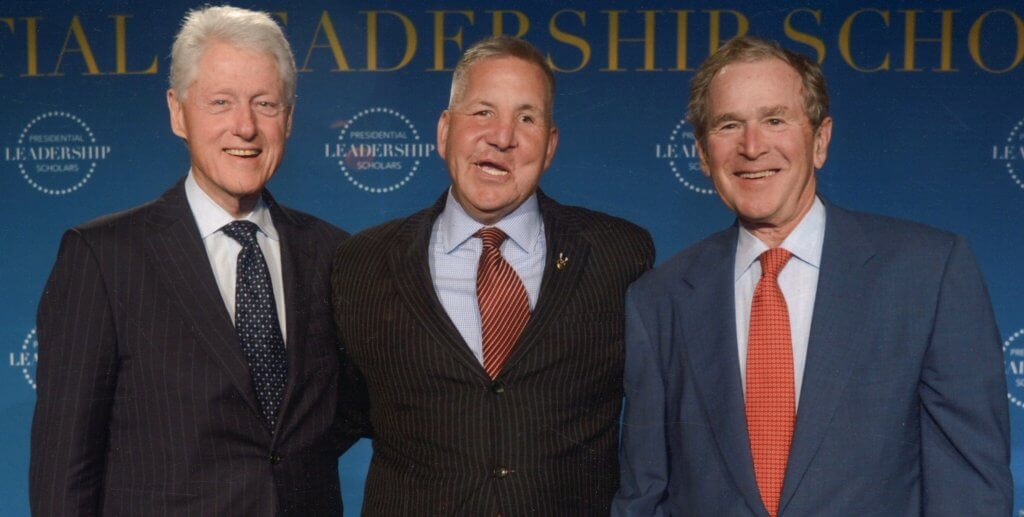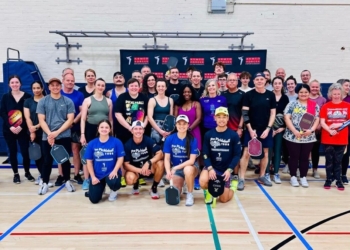An unexpected path gave one Marine a new message to deliver: You are stronger than you think.
Retired Marine Lt. Col. Justin Constantine is one of the most well-known combat veterans to emerge from Operation Iraqi Freedom because rather than quietly face recovery after being wounded in combat, his voice grew louder.
In 2006, the former JAG officer was shot in the head by a sniper while serving as a civil affairs team leader attached to an infantry unit. Constantine was initially pronounced killed in action because he stopped breathing after the bullet traveled through his ear and exploded out of the front of his face. He received an emergency tracheotomy in the field and was rushed to the aid station, crediting his survival to the Marines and Navy Corpsman he was with.
Upon returning to the states, Constantine faced a painful process that included dozens of surgeries over the last 13 years. And he isn’t done yet. He still needs upper teeth and will have to undergo a yearlong process to have dentures built and his bottom teeth redone. He knows it will be worth it but admits he is tired of surgeries.
“Signing that form before you go under — that you may not come back from — it really takes a lot out of you,” Constantine said.
Though the process to rebuild himself physically has been long, he also discovered strengths within those hard times. Today, he travels the world as an entrepreneur and inspirational speaker with a message of encouragement. His writings on the military and leadership have also been published nationally for The Washington Post, Forbes and other notable outlets, according to his website.
Constantine says there is so much that he wants to do and when he’s down, he reminds himself it is only a temporary feeling.
“I can’t control a lot of things but I can control how I think and react. I have to remind myself of that,” he said.

He points out that his wife, Dahlia, has served as his biggest supporter through it all. Constantine is quick to add that he knows everyone is not as fortunate to have someone like her unconditionally by his side.
Throughout his recovery, he also leaned on professional support like once a week counseling for 18 months to address his post-traumatic stress disorder. While he admits it was initially hard to ask for help — and very emotional — it got easier.
“Getting counseling is something that I recommend for anyone with PTSD. You will be stronger for it,” Constantine explained.
In 2013, Constantine medically retired from the Marine Corps and went on to work with the Department of Justice as a counsel for the Senate Committee on Veterans’ Affairs. A few years later, he left DOJ to pursue a position with the Federal Bureau of Investigations where he served on the national security law branch as assistant general counsel. While working there, he launched his own business.
“I didn’t think anyone would care what I had to say, but I just started doing it. I liked being an entrepreneur and I really liked to make my own schedule,” he said.

Many wounded warriors seek control in their lives since so much of what they experience is out of their control, Constantine says, and working for himself made him feel back I control.
Though he has been a motivational speaker for the last five years, it was recently when he started zeroing in on veteran and military spouse employment. He often gets messages from veterans on LinkedIn when he is traveling city to city doing employment workshops, asking to meet for coffee — an invitation he often accepts.
His advice to newly transitioned veterans in those meetings?
“You need to show up. Ask for help and help yourself. You have to check your ego at the door and be okay with being vulnerable.”
Constant reminders of his injuries remain with him daily. For example, he revealed he has to sleep with towels on his clothes because every night his mouth bleeds. Seeing that every morning, that constant reminder of his injury, wears on him at times.
“I am an optimist for the most part and feel very fortunate to be where I am. There’s always a challenge or a reminder of things I can’t do but at the same time I know that a lot of people have it worse than I do. So, I look around and I count my blessings,” he added.







































